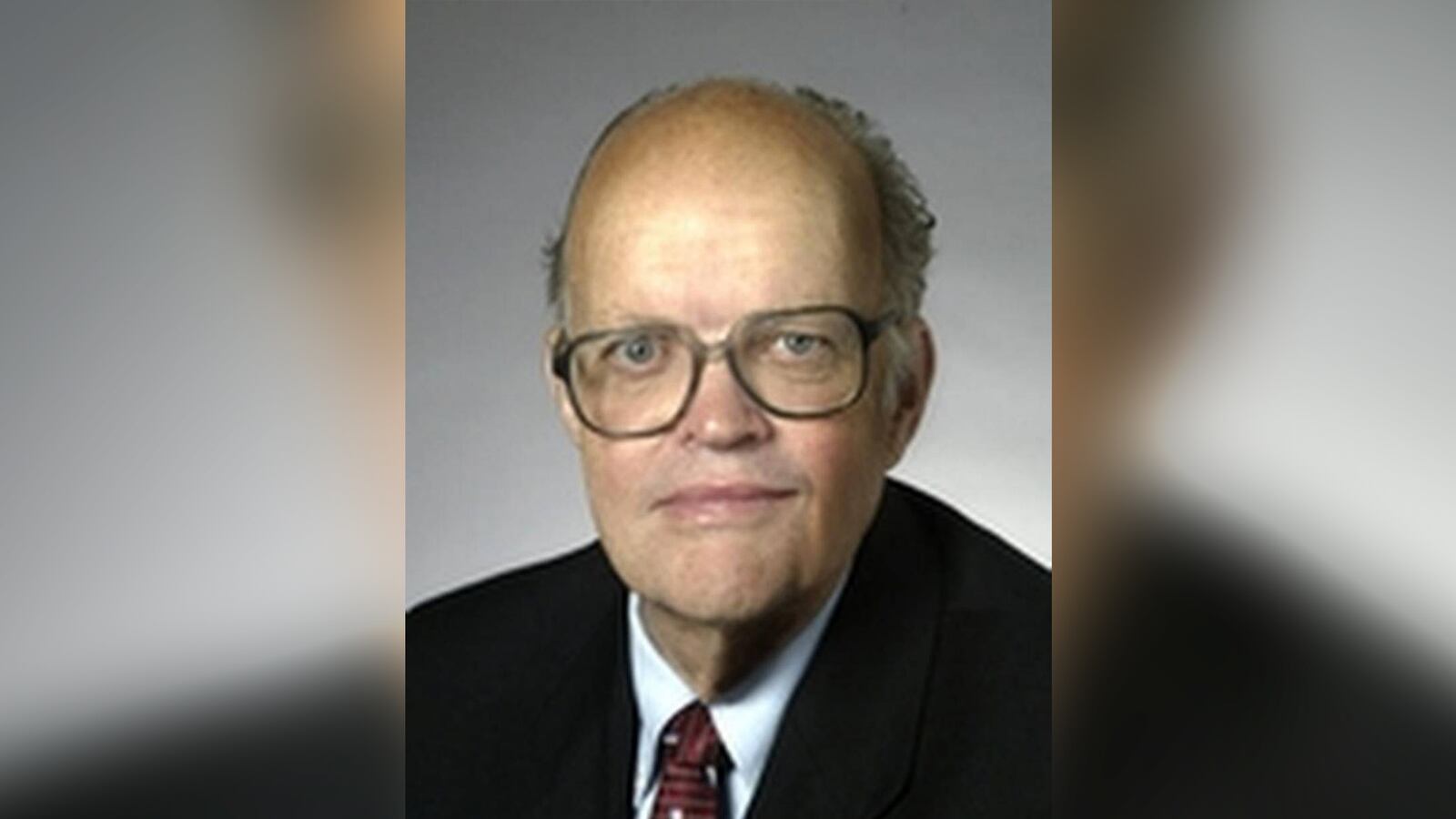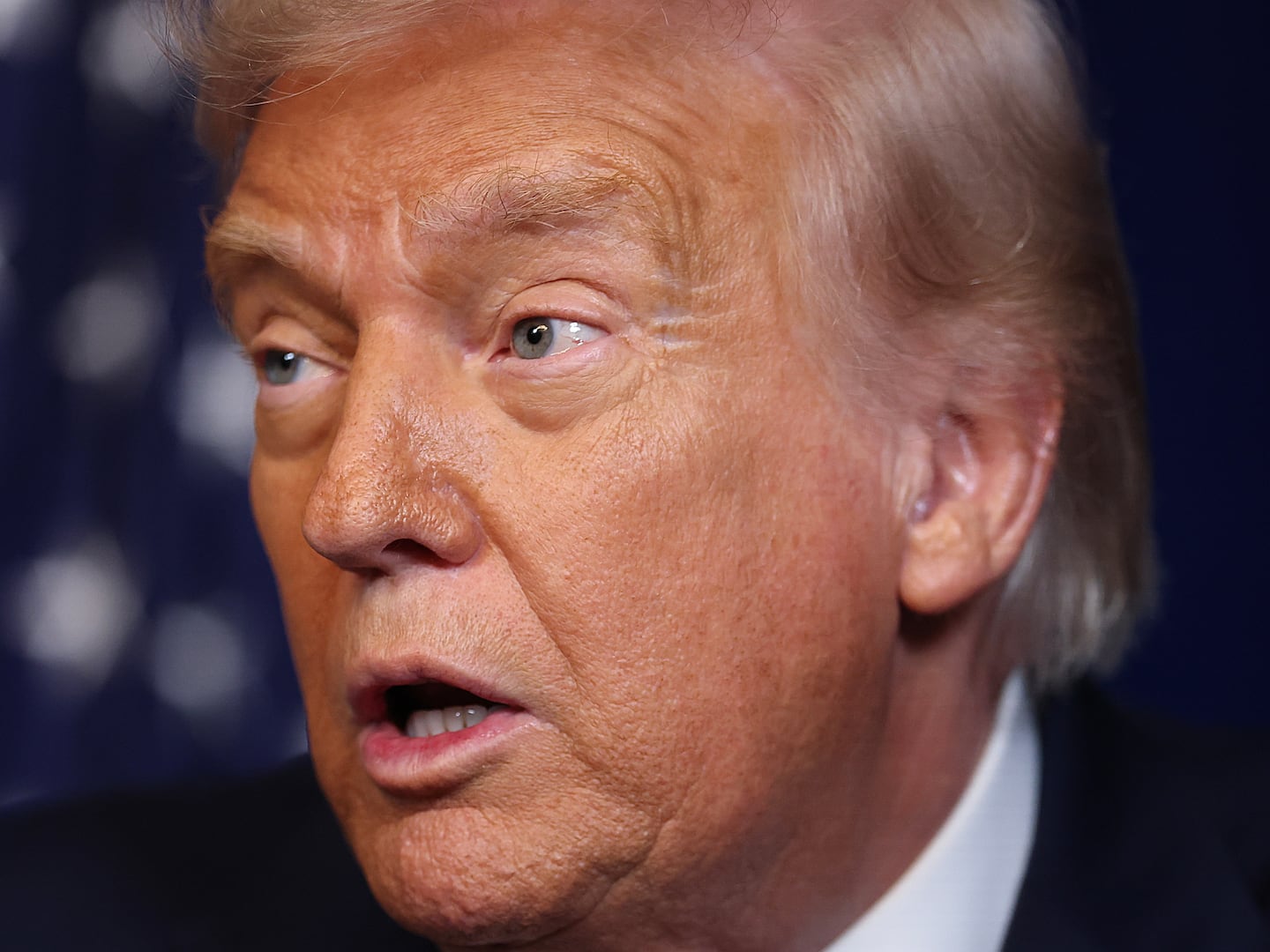An 80-year-old Duke University professor is under fire over racially-charged remarks he made in a New York Times comment section—where he compares the success of “the blacks” and “the Asians.”
On the editorial “How Racism Doomed Baltimore,” Prof. Jerry Hough wrote that Asian-Americans once faced discrimination comparable to blacks and that “they didn’t feel sorry for themselves, but worked doubly hard.”
Hough, who is currently on academic leave, went on to identify himself as a Duke professor and provided a bizarre analysis of minority students in the comments section of the May 9 opinion piece, which argues deep-seated poverty and segregation fueled the recent Baltimore riots after Freddie Gray’s death.
“Every Asian student has a very simple old American first name that symbolizes their desire for integration,” continued Hough, who teaches political science. “Virtually every black has a strange new name that symbolizes their lack of desire for integration.”
“The amount of Asian-white dating is enormous and so surely will be the intermarriage. Black-white dating is almost non-existent because of the ostracism by blacks of anyone who dates a white.”
Hough did not return messages from the Daily Beast. In an e-mail to a local TV station, the octogenarian called Martin Luther King a hero and said he is “strongly against the toleration of racial discrimination.”
“The issue is whether my comments were largely accurate,” Hough told ABC 11 in Raleigh, N.C. “In writing me, no one has said I was wrong, just racist. The question is whether I was right or what the nuanced story is since anything in a paragraph is too simple.”
He added, “I am strongly against the obsession with ‘sensitivity.’ The more we have emphasized sensitivity in recent years, the worse race relations have become. I think that is not an accident.”
Hough elaborated on his initial remarks, saying, “The Japanese and other Asians did not obsess with the concentration camps and the fact they were linked with blacks as ‘colored.’ They pushed ahead and achieved.”
The beleaguered academic said people should stop discussing race relations generally and instead focus on “how the Asians and the Poles got ahead—and to copy their approach.”
“I don’t see why that is insensitive or racist,” Hough added.
Duke University administrators disagree. “The comments on the website were noxious, offensive and have no place in civil discourse,” Michael Schoenfeld, Duke’s vice president for public affairs, said in a statement. “Duke University has a deeply-held commitment to inclusiveness grounded in respect for all, and we encourage our community to speak out when they feel that those ideals are challenged or undermined, as they were in this case.”
Duke’s faculty handbook permits all staff “to act and to speak in his or her capacity as a citizen without institutional censorship or discipline,” Schoenfeld said.
Media reports stating that Hough was suspended as punishment over his comment section flub are incorrect, Schoenfeld said. The professor was already on planned academic leave.
The big online facepalm, however, is the least of Duke’s worries. In April, a student admitted to hanging a noose outside the university’s student center—two weeks after one black student reported being targeted by white male students, who chanted a racist song with references to lynching.
In March, Duke’s Black Student Alliance launched a #WhatWeNeedFromDuke campaign to address online and on-campus incidents of racism—including biased comments left on Yik Yak, an anonymous social media app that’s facing a ban at colleges nationwide.
Students began compiling screen shots of hateful social media comments to illustrate racial tensions at the university. In one example, a Yik Yak commenter wrote, “BAS should just shut up and be grateful for the affirmative action policies that allow them to attend Duke.”
In 2013, Duke fraternity students made headlines over a theme party that targeted Asian students. An e-mail invitation employed racist misspellings including, “Herro Nice Duke Peopre” to mimic accented English, and the hashtag #RacistRager covered fliers for the event, the student newspaper The Chronicle reported.
Back then, Duke’s vice president for student affairs Larry Moneta said he encouraged the fraternity Kappa Sigma to cancel the event but administrators decided not to take action against the frat. “At the moment, we’re not aware of any overt violations,” Moneta told NBC News. “Acting boorish and foolish is not in and of itself a violation.”
The national office of Kappa Sigma suspended Duke’s chapter after the party.
Students told the Chronicle that Duke administrators have done little to address racism on campus.
“This is not just about Asians, one party or one frat,” said Ashley Tsai, a student who protested the Racist Rager. “This is a consistent thing happening. We want serious things to be done by the student body and the University so that this never happens again.”






